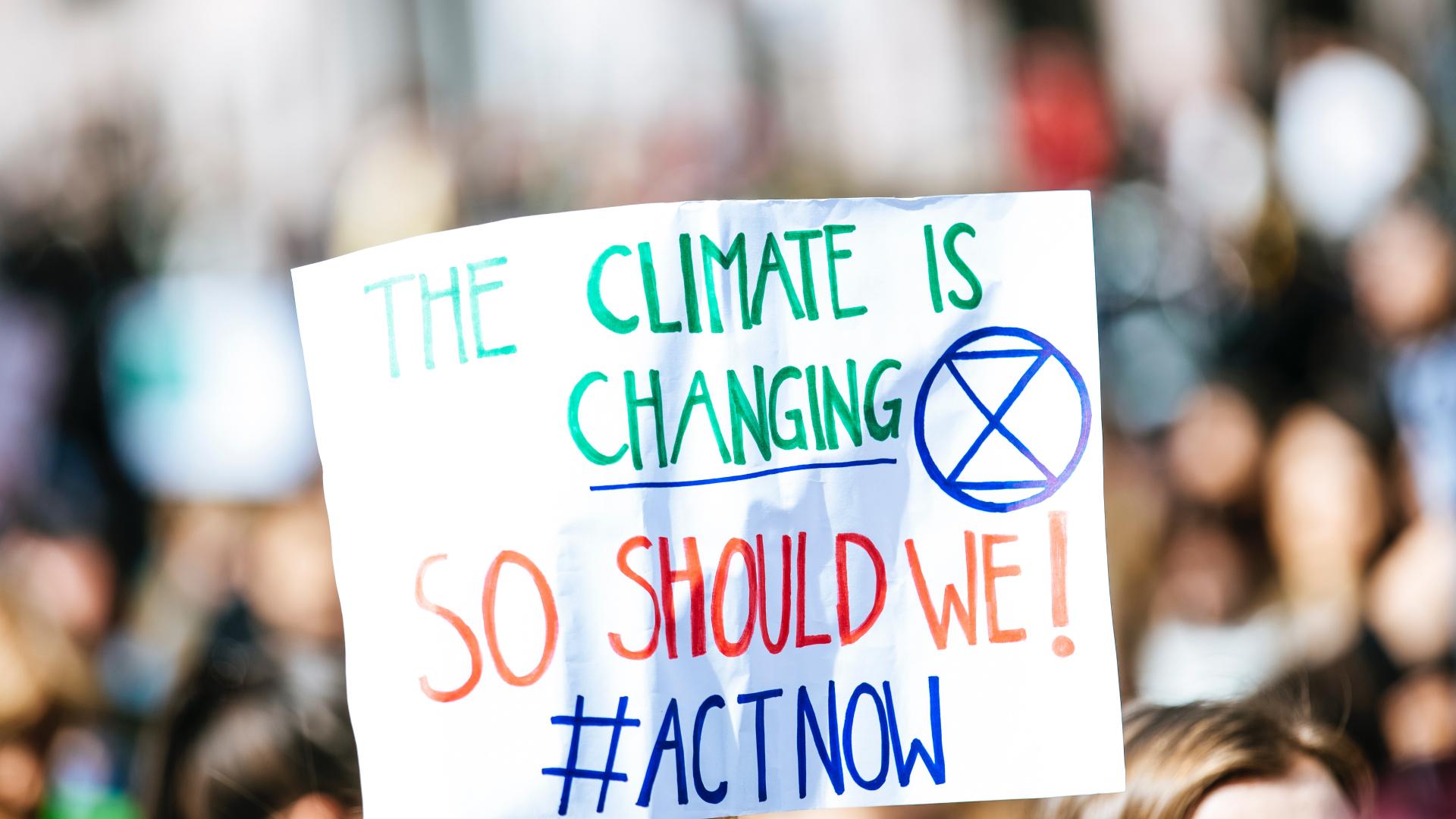Last Friday marked a very important event for our planet. It was a beautiful day with the last bits of summer sunshine, and as I travelled across London I saw many marching with placards and was particularly pleased at the sight of young people on the streets. Thinking back at some twenty odd years ago when I first learned about climate change, I was struck by how much it all changed.
Back then, climate change was some distant future and taught together with other environmental issues like recycling (or where our rubbish all goes), acid rain (I'm a child of the 80s), and air pollution. Climate change, we learned, would be a problem in some (distant) future. Naturally, we didn't act --- I didn't act. There was no protest. If there was a protest, it wasn't for or by young people. Now, the 'future' is here and thanks to Greta Thunberg, standing up for the environment is rapidly becoming a domain for civic activism and campaigning.
According to our Charity Brand Evaluator, Campaigning is one of the key areas of work for charities; but do the public expect campaigning action for environmental charities specifically? A simple answer is yes. The research we have conducted past spring found that top 3 attributes for the public's ideal environmental charities are:
-
Campaigning
-
Informative
-
Trustworthy
It's fascinating and reassuring to see Campaigning as the top attribute, as an indicator of public call for action. This isn't new; our previous research consistently found that being passionate and dedicated was important for environmental charities.
Interestingly, when we ask the public about their ideal charity and different areas of work ranging from animals to disability, armed Forces and overseas aid, campaigning doesn't make the top of the list, let alone top 5. Informative is also another attribute that's considered particularly important for Environmental charities, and one that doesn't appear in top 3 for other sectors.
When public expectations for credibility are so high and specific to each sector, charities have a difficult task. How can they reasonably and realistically be the public's ideal charity working in a specific sector?
The bigger challenge, though, is the question of differentiation. Many charities operate in a sector with both corporate and non-profit brands. How can they stand out as a unique brand in a crowded sector? We use research to answer these questions and more.
If you would like to hear more about how the Charity Brand Evaluator can help you measure up your brand against market ideals and sector norms get in touch with Rei or Secil at cbe@nfpsynergy.net or call 020 7426 8888.

